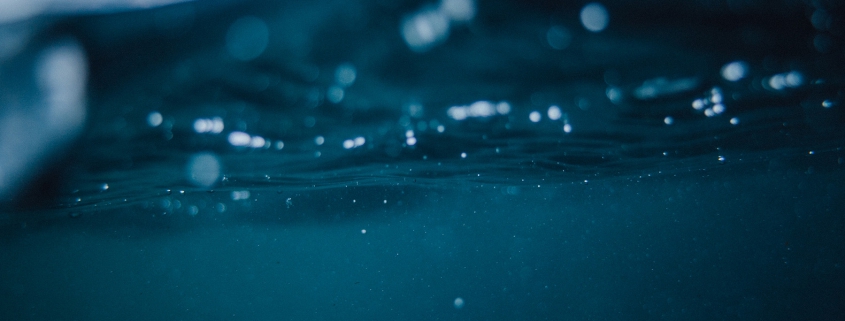Award goes to WAMSI sea sponge responses to dredging project

Three researchers from Western Australian Marine Science Institution’s Dredging Science Node recently presented their findings at the World Sponge Conference in Ireland, with PhD candidate Brian Strehlow winning a prize for best student presentation.
Mr Strehlow, from The University of Western Australia, won the prize for best student presentation in the category of organismal biology, for his full-length presentation (12 minutes with 3 minutes for questions) which elaborated on the mechanisms of resilience to sediment-related stress that some sponge species possess.
“Identifying relative impacts by different types of pressures in combination with thresholds and guidelines will assist managers to reduce the risks and severity of impacts from dredging developments,” Mr Brian Strehlow said.
As part of the presentation, short videos showed that sediments that enter a sponge (Video 1) can be expelled after a return to controlled conditions (Video 2).
VIDEO 1: 3D X-ray of Ianthella basta after 48 hours of acute sediment exposure to siliciclastic sediments (shown in white) in the high sediment (135 ± 30 mg L-1) treatment
VIDEO 2: 3D X-ray of Ianthella basta after 3 weeks of recovery in control conditions (0 mg L-1) after 48 hours of acute sediment exposure to siliciclastic sediments in the high sediment (135 ± 30 mg L-1) treatment.
“Describing these mechanisms was an important part of determining the pressure-response relationships of sponges to sediment-related stress,” Mr Strehlow said.
Dr Mari Carmen Pineda and Team leader Dr Muhammad Abdul Wahab, both from the Australian Institute of Marine Science, also presented talks on their dredging science results.
Whereas Brian Strehlow’s presentation focused on the mechanisms underpinning the resilience of some species, Dr Pineda’s talk (12 min) elaborated on the dose:response relationships and cause:effect pathways for multiple sponge species exposed to sediment stress.
Dr Abdul Wahab presented a talk entitled, “Effects of dredging on benthic filter feeding”. This talk also presented results of the WAMSI research, including field surveys of filter feeding communities before and after dredging.
 |
| WAMSI project sponge group Top: Brian Strehlow (PhD candidate; winner best student talk) Bottom left to right: Cecilia Pascelli (PhD candidate; winner best student talk), Heidi Luter (Post-doc), Blake Ramsby (PhD candidate), Muhammad Abdul Wahab (Post-doc), Mari-Carmen Pineda (Post-doc) |
Presentations
Pineda MC, Strehlow B, Duckworth A, Jones R (2017) Pressure-response relationships of sponges to dredge pressures – a laboratory approach. 10th World Sponge Conference. Sponges & their Environment ABSTRACT
Strehlow B, Pineda MC, Duckworth A, Clode P, Webster N (2017) Sub-lethal stress responses of sponges to dredging pressures. 10th World Sponge Conference. Sponges & their Environment. ABSTRACT
Wahab MAA, Fromont J, Gomez O, Fisher R, Jones R (2017) Effects of dredging on benthic filter feeding communities. 10th World Sponge Conference. Ecosystems & Environment. ABSTRACT
Posters
Fromont J, Wahab MAA, Gomez O, Ekins Merrick, Goverdina Geerruida Grol M, Hooper J.N.A. (2017) North-western Australia: a sponge biodiversity hotspot. 10th World Sponge Conference ABSTRACT
LINKS:
- WAMSI Dredging Science Node Theme 6 project page: www.wamsi.org.au /filter-feeder-responses-dredging
- Journal Articles for the WAMSI Dredging Science Node are available at: http://www.wamsi.org.au/dsn-research-articles
- Final reports for the WAMSI Dredging Science Node are available at: www.wamsi.org.au/dredging-science-node/dsn-reports
The WAMSI Dredging Science Node is made possible through $9.5 million invested by Woodside Energy, Chevron Australia and BHP Billiton as environmental offsets. A further $9.5 million has been co-invested by the WAMSI Joint Venture partners, adding significantly more value to this initial industry investment. The node is also supported through critical data provided by Chevron Australia, Woodside Energy and Rio Tinto Iron Ore. The commercial entities had no role in data analysis, decision to publish, or preparation of the manuscripts.

